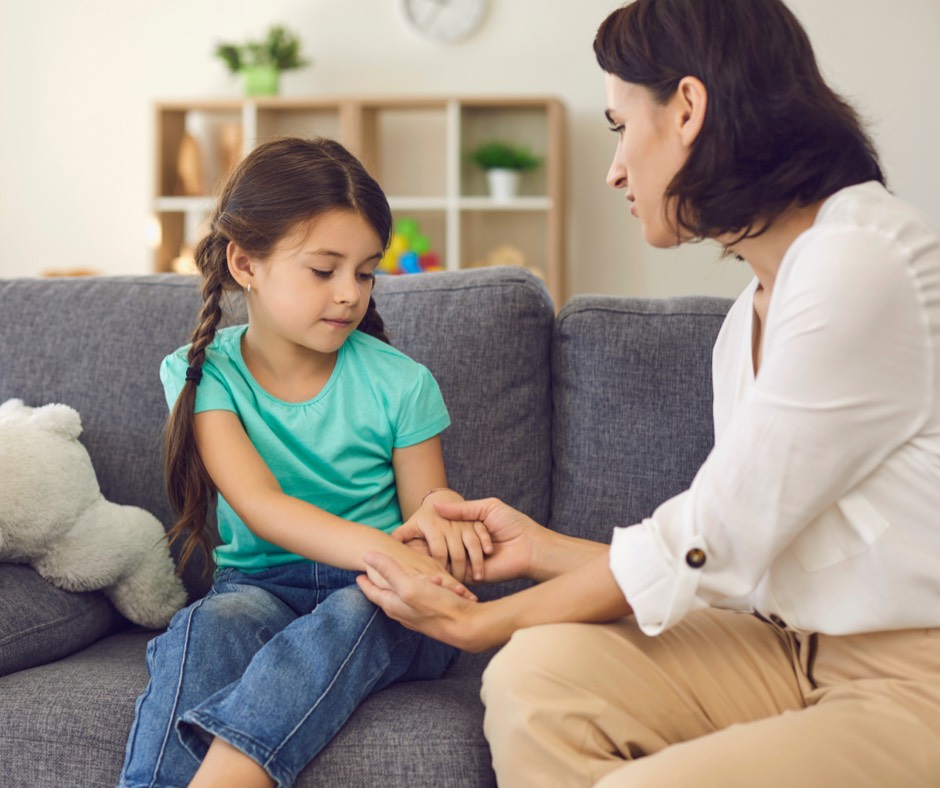
If Children are Talking About Death, How Can Parents Best Support Them?
by Counseling and Wellness Center of PittsburghJanuary 6, 2022 anxiety in children, Child Anxiety, child counseling, child psychologist, child therapy, children mental health, death, health anxiety, pandemic, parenting, Parenting and Families0 comments
In the last two years there has been a noticeable increase of school age children spending a lot of their time discussing and playing out themes of death. This can be very concerning to parents as they want to shield their children from anything that is scary and death is a heavy concept, even for adults.
With the pandemic, death has been a constant topic on the news, media, and at the dinner...Learn MoreAwakening, Good Morning True Self, A Counselors Meditation
by Stephanie McCrackenMay 4, 2015 counseling, mindfulness, personal growth, psychology, psychotherapy, wisdom0 comments
Waking Up To The Present Moment and True Self
Is our fantasy of tomorrow preventing life today? There is a Zen saying which states that we should all aspire to be like a baby, experiencing each thing anew, recovering its wonder, in this we find peace, we find joy, we find the departure of negative feeling states attached to memory’s. There are many times when the perception of life’s...Learn More
